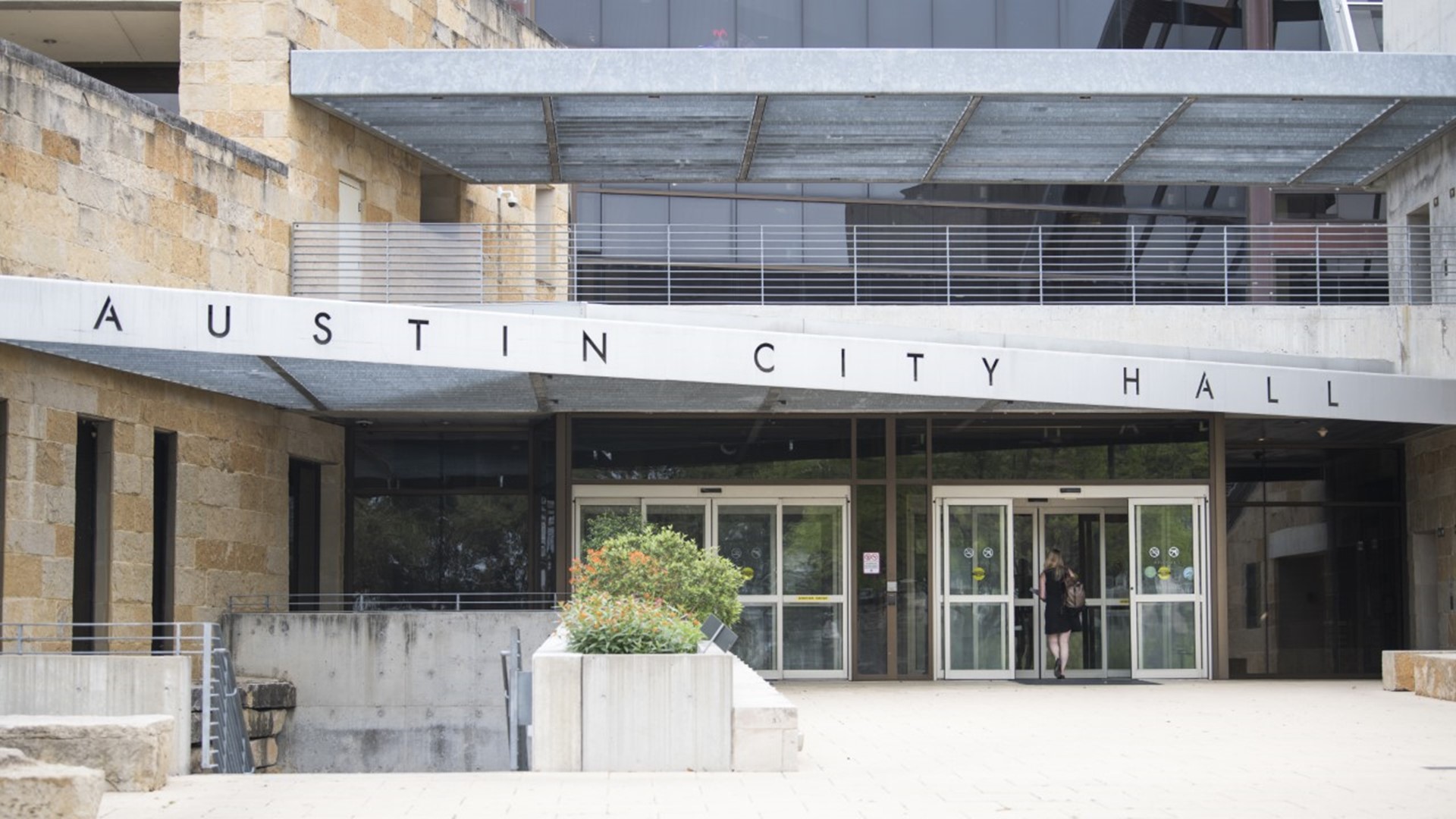AUSTIN, Texas — The Austin City Council is having to backtrack on a rule limiting how long the public can speak on issues during council meetings.
On Wednesday night, a Travis County judge issued a temporary restraining order that requires the council to allow the public to speak for three minutes on each item they sign up to speak about.
For decades, this is how public comment on agenda items worked. But a few years ago, the council changed its policy so speakers would get just two minutes in total, regardless of how many items they signed up to speak about.
Bill Bunch, the executive director and attorney for the Save Our Springs Alliance, who is frequently advocating for and against items in council meetings, said this change has been detrimental to the democratic process in Austin.
“The public engagement is really being truncated and abused,” Bunch said.
Because agendas can have anywhere from 40 to 80 items, some of which dealing with million-dollar funding attached to them, Bunch said it’s crucial the public is able to give their input. He and his organization filed a lawsuit against the city council last week after what happened during the regular meeting on April 4.
Bunch asked if he would be allowed his allotted time to talk about all the items he signed up for, and Austin Mayor Kirk Watson said no and subtracted that time from his two-minute total. Watson proceeded to count down as Bunch was speaking.
In the lawsuit, Bunch and the Save our Springs Alliance claim that the council was violating the Texas Open Meetings Act and the Austin City Charter. The Travis County judge sided with the plaintiffs and issued the temporary restraining order for the April 18 meeting.
But the city of Austin doesn't agree.
“We believe we have complied with the Texas Open Meeting Act. However, we respect the court’s decision and will abide by the Judge’s ruling,” David Ochsner, a city spokesperson, said.
Even before the temporary restraining order was issued, the city petitioned the judge to deny it. In the petition, the city claimed that defendants have known about council’s practice for over a year but haven’t done anything about it. They also claim that two minutes to speak on routine items is reasonable.
The council does have a right to restrict speakers during public comment if they believe the speaker is being disruptive or not staying on topic with the item they signed up to speak about.
But for Bunch and the people he’s standing up for, he said this right to having enough time to speak on all the items a person signs up for is crucial to keeping local democracy alive.
“If you forced the council to make the time to hear from the community, it makes a difference,” Bunch said. “It changes who we are as a city.”
The judge has set a temporary injunction hearing for this case on Thursday, April 25. City leaders said they "look forward to the April 25 hearing on this issue where we will have an opportunity to discuss the full merits of the case."

